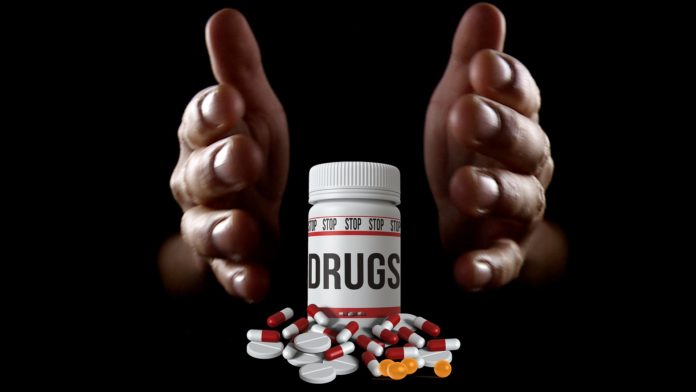Investigators in the Recovery Trial have announced that they would no longer recruit patients for the hydroxychloroquine arm as the drug has no benefits in COVID19
The curtains are up in the latest act of the hydroxychloroquine (HCQ) drama and now University of Oxford investigators have said that the drug has no benefits in COVID19. It is normally used for auto immune disorders. Investigators in the Recovery Trial will no longer recruit patients for the HCQ arm fo the trial.
Peter Horby, Professor of Emerging Infectious Diseases and Global Health in the Nuffield Department of Medicine, University of Oxford and Chief Investigator of the Trial said: “Hydroxychloroquine and chloroquine have received a lot of attention and have been used very widely to treat COVID patients despite the absence of any good evidence. The RECOVERY trial has shown that hydroxychloroquine is not an effective treatment in patients hospitalised with COVID- 19. Although it is disappointing that this treatment has been shown to be ineffective, it does allow us to focus care and research on more promising drugs.” The multi country Solidarity Trial anchored by the World Health Organisation has just restarted the HCQ arm but may have to take yet another look at the decision.
Recovery had continued to recruit patients for the HCQ arm even after WHO stopped briefly last month following a paper in The Lancet that now stands retracted
Recovery had continued to recruit patients for the HCQ arm even after WHO stopped briefly last month following a paper in The Lancet that now stands retracted. Over 11,000 patients from 175 NHS hospitals in the UK were recruited for the Oxford trial.
The RECOVERY trial is examining the efficacy of Lopinavir-Ritonavir (commonly used to treat HIV), Low-dose Dexamethasone (a type of steroid, which is used in a range of conditions typically to reduce inflammation), Azithromycin (a commonly used antibiotic), Tocilizumab (an anti-inflammatory treatment given by injection) and Convalescent plasma (collected from donors who have recovered from COVID-19 and contains antibodies against the SARS-CoV-2 virus) in treating COVID19.
Professor Horby said: “The independent Data Monitoring Committee has reviewed the emerging data about every two weeks to determine if there is evidence that would be strong enough to affect national and global treatment of COVID-19. On Thursday 4 June, in response to a request from the UK Medicines and Healthcare Products Regulatory Agency (MHRA), the independent Data Monitoring Committee conducted a further review of the data. Last night, the Committee recommended the chief investigators review the unblinded data on the hydroxychloroquine arm of the trial…These data convincingly rule out any meaningful mortality benefit of hydroxychloroquine in patients hospitalised with COVID-19. Full results will be made available as soon as possible.”


